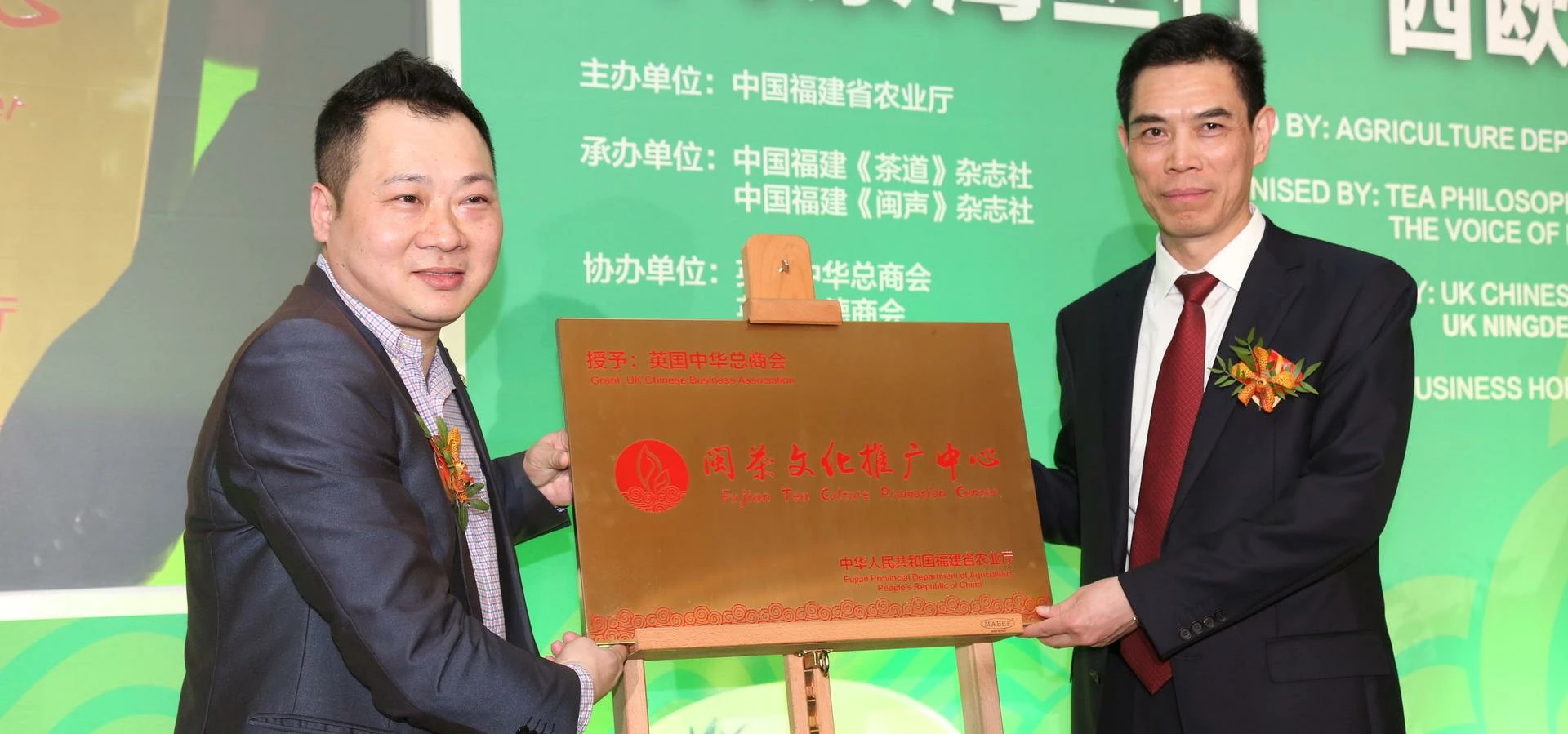
Partner Article
Fujian Tea - British Re-acquaintance with Chinese Tea
Last month, Fujian Tea Maritime Silk Road Promotion began its West European events in London to promote Fujian Tea.
The tour in West Europe aims at using tea as a medium to seek business opportunities, and promote economic and trade exchanges of tea between Fujian and Europe. During this time, multiple tea trade cooperation framework agreements with a total amount of 486 million RMB Yuan have been signed.
Through tea display and sales, regular or irregular tea exchange activities, tea culture training, and other measures, the center will expand the market of Fujian tea, promote Fujian tea culture, help the time-honoured Fujian tea walk out of China and onto the world stage.
During the event, Jennifer Wood, the co-founder of UK Tea Academy, said: “I believe the ethical credentials of a tea company is crucial to longterm success. Smaller companies who buy direct have an advantage here. They can build up trust with their customers who know they are committed to a fresh, high grade product and establish long term, mutually beneficial relationships with the farmers, the primary producers.”
Afternoon tea, one of the most representative social, cultural practices in the UK, originates from 1662. Starting more than 300 years ago, Catherine Braganza, a Portuguese princess, brought the habit of drinking tea to the British royal family, which made tea popular in the upper class of Britain. With the popularization of tea in the UK, the consumption of tea increased considerably.
Per an Authentic Account of an Embassy from the King of Great Britain to the Emperor of China, “within no more than 100 years, sales of tea in the Great Britain increased by 400 times. Regardless of gender, age or class, every British citizen in Britain, Europe and America on average consumed over one pound of tea in a year.
This was posted in Bdaily's Members' News section by Natalie Garland .








 Raising the bar to boost North East growth
Raising the bar to boost North East growth
 Navigating the messy middle of business growth
Navigating the messy middle of business growth
 We must make it easier to hire young people
We must make it easier to hire young people
 Why community-based care is key to NHS' future
Why community-based care is key to NHS' future
 Culture, confidence and creativity in the North East
Culture, confidence and creativity in the North East
 Putting in the groundwork to boost skills
Putting in the groundwork to boost skills
 £100,000 milestone drives forward STEM work
£100,000 milestone drives forward STEM work
 Restoring confidence for the economic road ahead
Restoring confidence for the economic road ahead
 Ready to scale? Buy-and-build offers opportunity
Ready to scale? Buy-and-build offers opportunity
 When will our regional economy grow?
When will our regional economy grow?
 Creating a thriving North East construction sector
Creating a thriving North East construction sector
 Why investors are still backing the North East
Why investors are still backing the North East